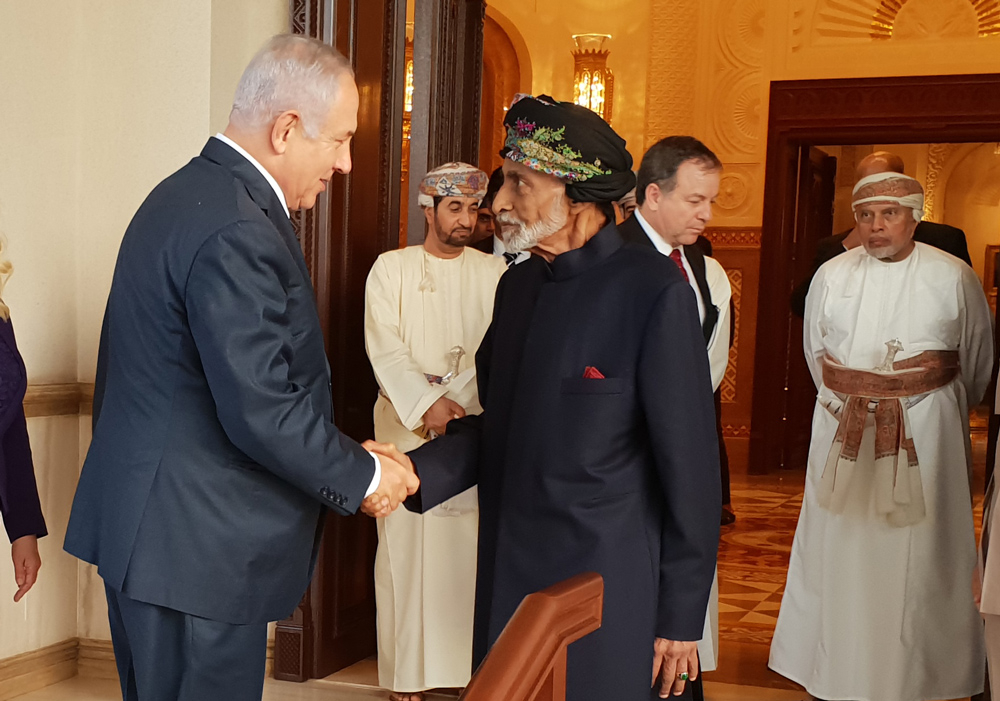|
by
Khaled Abu Toameh • February 9, 2019 at 5:00 am
- It
seems the Palestinian leadership would rather see Iran continue to
pose a threat to Arab countries than see peace between those
countries and Israel.
- Several
Arab countries appear completely fed up with the Palestinians,
particularly the continued bickering between Fatah and Hamas.
Egyptian intelligence officials have devoted years trying to
convince Hamas and Fatah to work together for the benefit of the
Palestinians.
- Instead
of doing so, however, Palestinian leaders are preoccupied with
blocking Arab participation in a conference that could see the
creation of a coalition against Iran -- the same country Abbas and
his loyalists hold responsible for the ongoing divisions among the
Palestinians. Might it be possible that the Arab countries are finally
rousing themselves from their long slumber and beginning to seek
better lives for themselves and their neighbors?

The Palestinians have good reason to
believe that influential Arab countries have given up on both them and
the Palestinian cause. They fear that several Arab countries might be
headed toward normalizing their relations with Israel. Pictured:
Israeli Prime Minister Benjamin Netanyahu shakes hands with Oman's
Sultan Qaboos bin Said, during Netanyahu's official visit to Oman,
October 26, 2018. (Image source: Israel PM's Office)
The Palestinians have good reason to believe that some
influential Arab countries have given up on both them and the
Palestinian cause. They fear that several Arab countries might even be
headed toward normalizing their relations with Israel.
For several weeks now, the leadership of the Palestinian
Authority (PA) has been waging a campaign against a US-Polish
conference that is scheduled to take place in Warsaw later this month.
US and Polish officials said that the conference will include sessions
on the situation in Syria, Yemen, missile development, terrorism and
illicit finance and cybersecurity. A US official said that the
conference will also discuss "Iran's destructive policies in the
region."
|































No comments:
Post a Comment